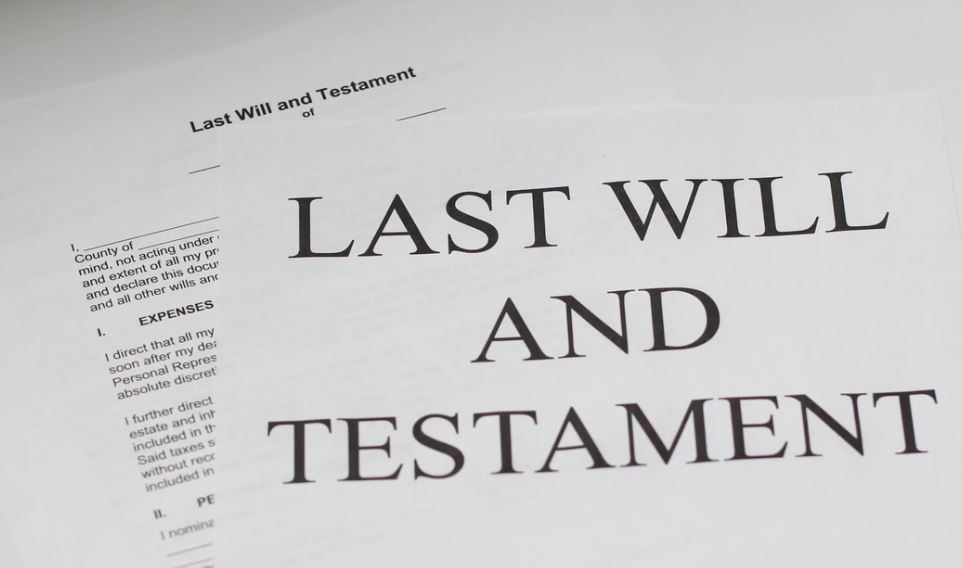Estate planning sounds like something only retired people need to worry about, but in reality, people of all ages can benefit from planning their estate. Everybody should have a plan in place that determines not just how their assets should be distributed after their death, but how additional aspects of their affairs should be handled.
 Creating a will to govern asset distribution is the most well-known aspect of estate planning, but it’s not the only part and it’s not always the most important. The following tasks are also part of estate planning and share equal importance to creating a will:
Creating a will to govern asset distribution is the most well-known aspect of estate planning, but it’s not the only part and it’s not always the most important. The following tasks are also part of estate planning and share equal importance to creating a will:
- Providing power of attorney to a trusted person
- Appointing a legal guardian for surviving dependents
- Creating trust accounts for estate beneficiaries
- Creating life insurance and retirement plans
- Appointing an estate executor to manage assets
- Making funeral arrangements
Appointing medical power of attorney is crucial
According to Sun City estate planning attorneys, it’s also crucial to address issues like the kind of medical care you want if you become incapacitated, and to name a trusted person to oversee your financial and health-related decisions.
If you don’t have an advance directive, your wishes may not be respected if you end up in a serious medical situation where you can’t make decisions. For example, you’ll feel better knowing someone you trust will make decisions for you if you have a stroke, end up in a coma, experience a traumatic brain injury, or get dementia.
You might have personal convictions or preferences for the type of medical care you want to receive (or not), and if you don’t appoint medical power of attorney, your wishes probably won’t be honored. Another situation you might find yourself in is if you’re in the care of people who don’t know your medical history or preferences. If you’re incapacitated you won’t be able to communicate your needs to new care providers.
Appointing a legal guardian for your dependents
If you don’t appoint a legal guardian for your dependents prior to your death or incapacitation, the state will probably place them in the care of Child Protective Services (CPS) until someone petitions the court for custody. You’ll have no say in how that will play out. Your children might end up in the care of relatives you don’t think are fit to take care of them.
Appointing a legal guardian is the only way to guarantee your kids will end up in the care of someone you know and trust rather than CPS or an unfit family member.
Another point to consider if you have young children is to make sure their daycare providers and babysitters know who to call in case the police show up and your kids need to be in the custody of someone with legal authority. If the babysitter doesn’t have that legal authority the cops will have no choice but to call CPS to take custody of your kids.
Planning to take care of your kids is perhaps the most involved aspect of estate planning. To learn more, read this article from NPR detailing 12 ways estate planning will protect your child’s future.
So you have a will, but do you have an executor?
Having a will isn’t enough. You need an executor to your will to manage your assets until they can be distributed to the correct inheritors. Your executor can also be one of your beneficiaries. It’s not an easy task but it’s one of the only ways to mitigate the potential for arguments and feuds.
People fight over wills all the time, and it tears families apart. Sometimes situations get a little crazy when millions of dollars are involved. Geropsychology expert, Aladdin Ossorio, told Forbes the reason is primarily due to our money-obsessed culture. “Maximizing one’s financial position is a primary motivator,” he says. “The opportunity to obtain money overrides ethical behavior around the source of the money.”
You might think your beneficiaries can work things out on their own after you pass but don’t be so sure. Having an executor puts someone between your beneficiaries and your assets to ensure all is distributed fairly.
If you haven’t created an estate plan yet, now is the time to start planning. Don’t leave an uncertain future to you or your dependents.

